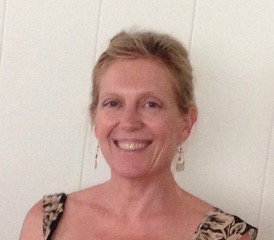
Julie de León
I-WEST Communications Team
The Intermountain West is a vast region populated largely by small rural communities, many traditionally underserved and struggling with economic challenges. Fossil-fuel based economies dominate due to the region’s tremendous oil and gas reserves. The transition to a clean energy economy promises to bring significant change to these communities—many in the region want to know what that change will look like and whether they’ll have a say in how their future is shaped.
The I-WEST initiative’s assessment of the technologies and interventions best suited for getting the Intermountain West to net-zero, addresses these local, societal concerns. Our place-based approach uses stakeholder input and evaluation strategies to consider the unique strengths and needs of communities across the region. This approach allows citizens, including low-income and people of color, to guide the changes in their communities rather than reacting to changes imposed on them. As we continue to build strong regional coalitions, we’re engaging a broad set of perspectives (businesses, communities, state and local leadership, Sovereign Nations, economic development organizations and more) on technology options, environmental and economic considerations, and workforce development opportunities.
I-WEST is also in step with the Department of Energy’s (DOE) focus on energy justice which at its core aims to create equal opportunity for all to participate in the new energy economy, while also reducing the burdens on those disproportionately harmed by climate change, and the energy system itself. In September of last year, the DOE launched the Local Energy Action Program (Communities LEAP) “to help environmental justice communities and communities with historical ties to fossil fuel industries take direct control of their clean energy future. [This initiative] reflects the Biden-Harris Administration’s goal to assist community-led transitions to a decarbonized economy, and to build a healthier, more equitable, and sustainable future.” In another move by the administration, the recently enacted Justice40 Initiative requires that 40% of Federal investments in clean energy related spending, flow to disadvantaged communities.
With more and more resources being directed toward clean energy, these initiatives help ensure equitable distribution. I-WEST’s energy roadmap will reflect these Federal priorities, ensuring support for historically disenfranchised communities and those experiencing significant disruption due to climate and energy system changes.


